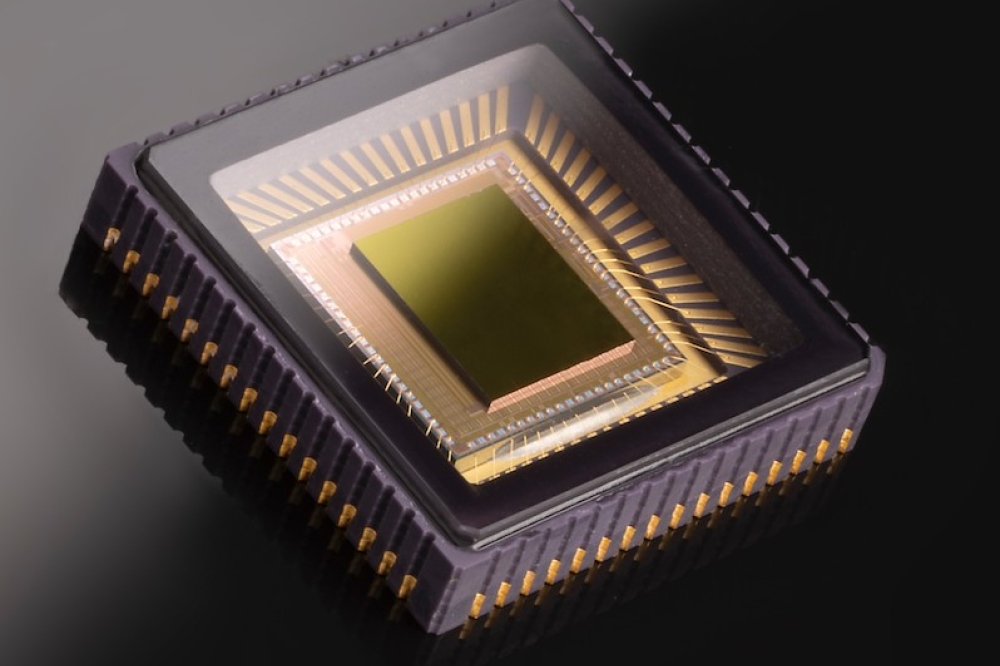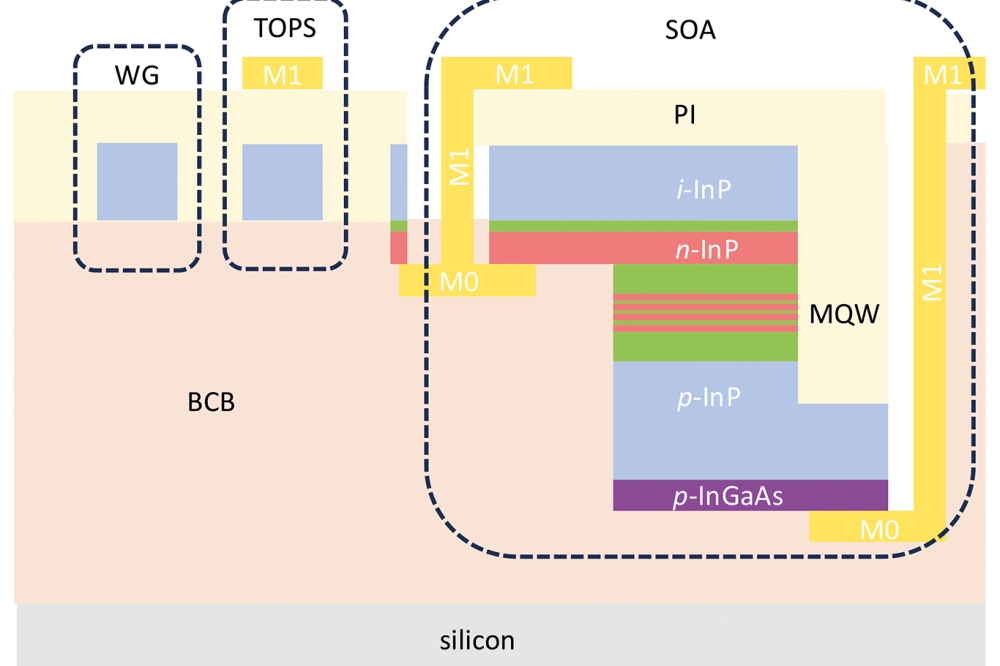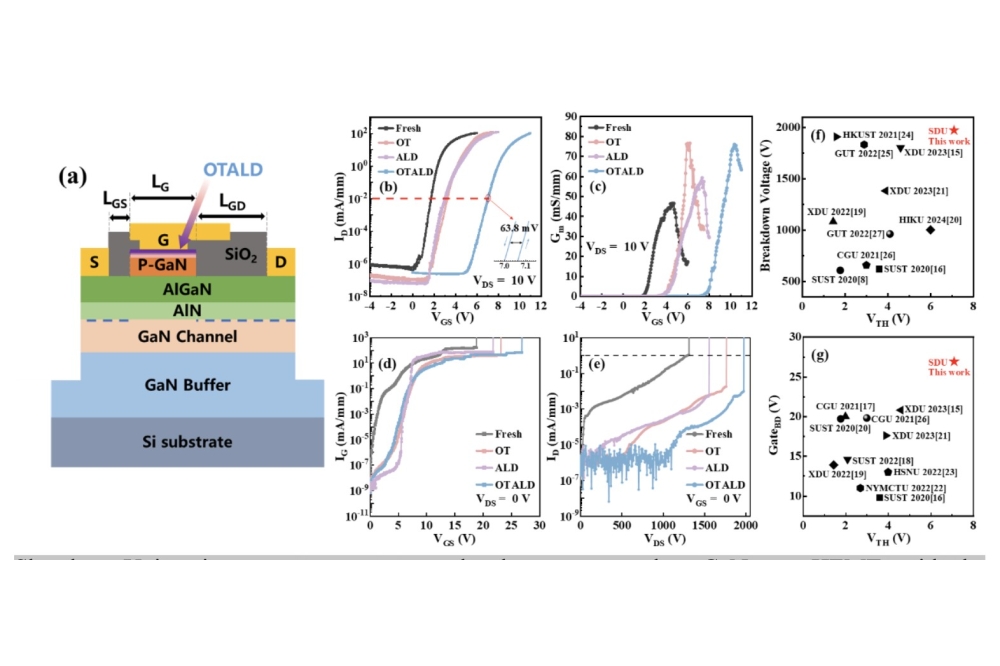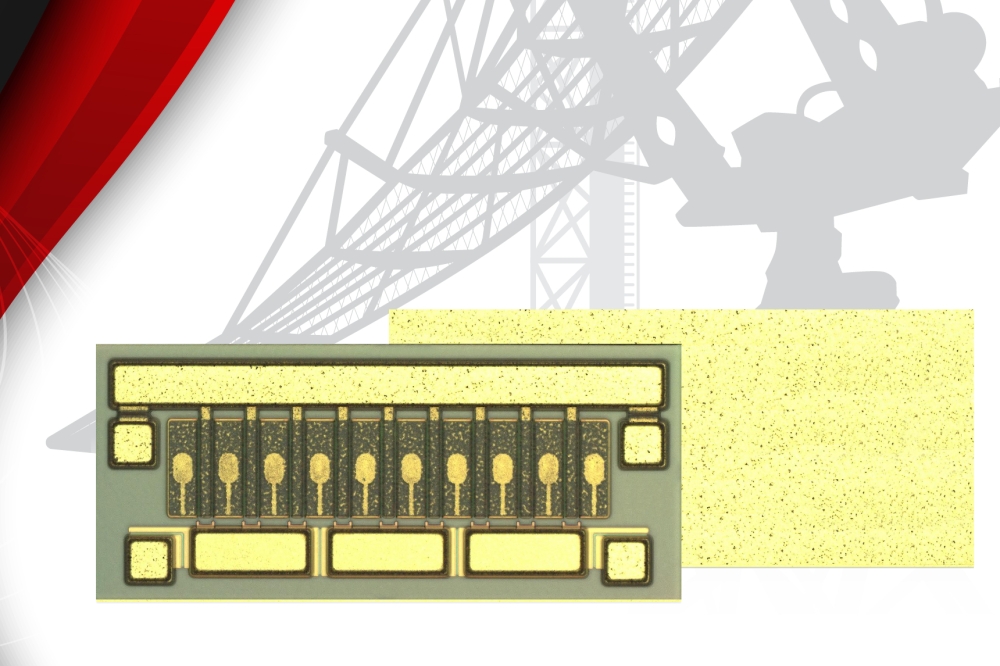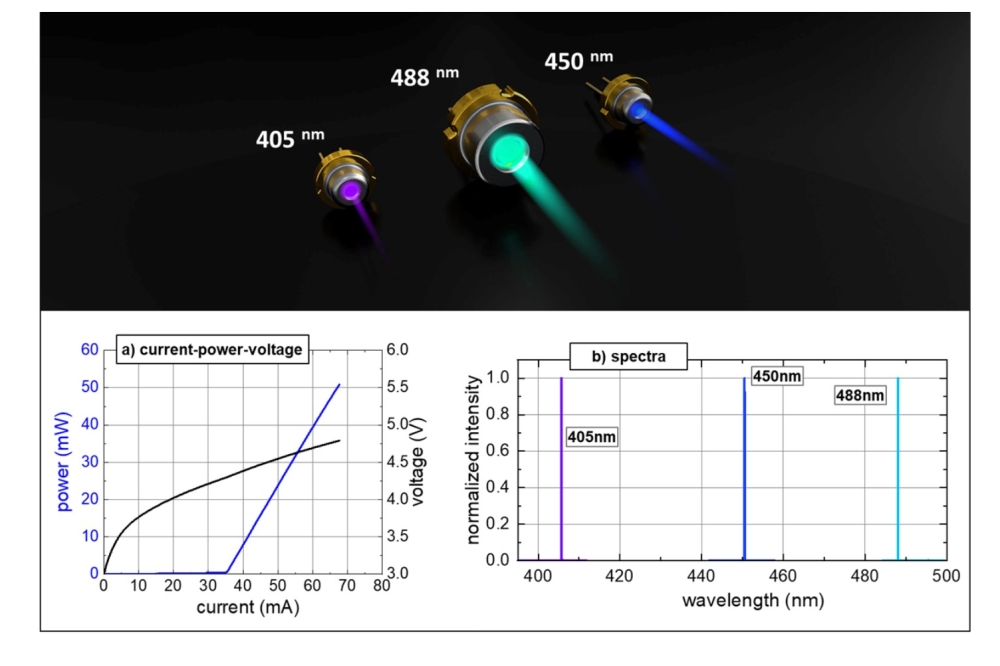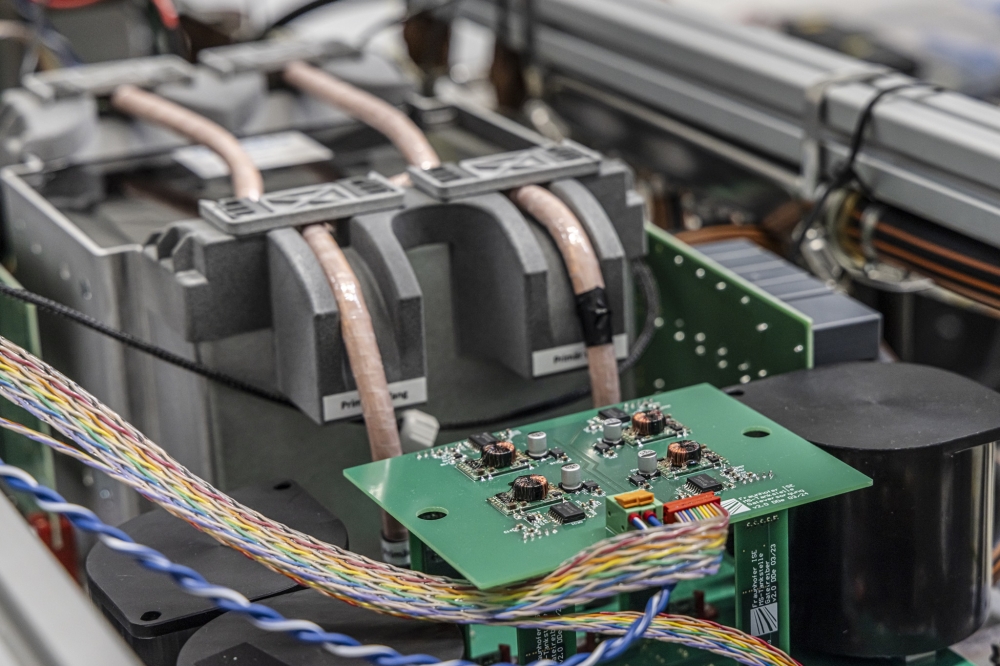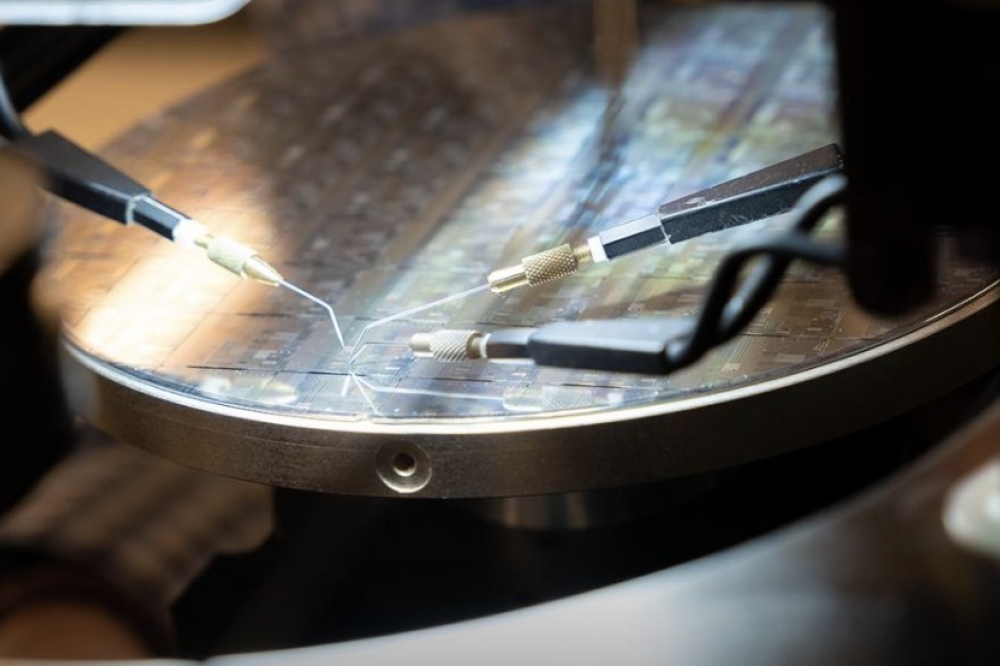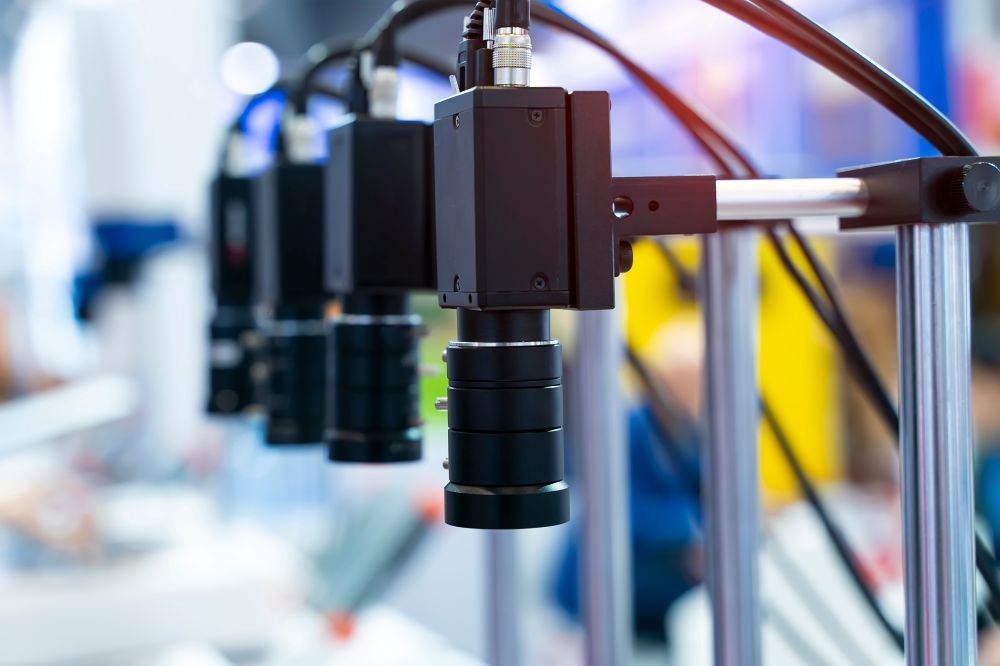Webinar: Multimodal spectroscopic characterisation of large wafers

The simultaneous need to increase performance and reduce cost for today’s semiconductor devices means using ever larger wafers, while reducing the size of device structures, thereby increasing their complexity. This combination of requirements means the metrology tools for characterizing such wafers need to evolve to handle such large wafers – up to 300 mm in diameter. At the same time, these tools need to increase in sophistication to unravel the complexity in the ever-smaller device structures.
In this FREE webinar, HORIBA Scientific will present:
- Multimodal spectroscopy metrology tools capable of high spatial and spectral resolution analysis of up to 300mm semiconductor wafers.
- Some of the challenges involved in working with large wafers, and how our solutions address these challenges.
- We will show how the proposed solutions enable the use of various spectroscopic modalities to characterize important wafer and device parameters such as uniformity, stress & strain, defects, doping and contamination distribution, carrier dynamics and overall quality control.
Our platforms can accommodate up to 8 spectroscopic modalities, including Raman, Photoluminescence and Time-Resolved Photoluminescence amongst others. And with sub-micron spatial resolution, these tools can resolve most of the common defect structures of interest in semiconductor devices as well provide various insights into carrier dynamics.
Webinar date/time: 11AM Eastern (US) / 4PM BST (London)
Dr. Francis Ndi Global Product Line Manager·HORIBA Scientific
Dr. Ndi is the Global Product Line Manager for the custom optical spectroscopy solutions division at HORIBA Scientific. The custom spectroscopy solutions unit specializes in offering modular and flexible spectroscopy solutions for needs not readily met with standard systems. These solutions range from components such as spectrometers and CCD detectors to full turnkey systems. Dr. Ndi joined HORIBA in the role of Applications Scientist. He has also held roles in the export business of the company.
Dr. Richard Stevenson Moderator·Compound Semiconductor Magazine
Richard Stevenson is the Editor for Compound Semiconductor Magazine and Programme Manager for AngelTech. Richard has a great deal of experience in science and technology journalism, and prior to that he worked in MOCVD process engineering. Richard holds a PhD from the University of Cambridge, and a MPhys from the University of Southampton.























